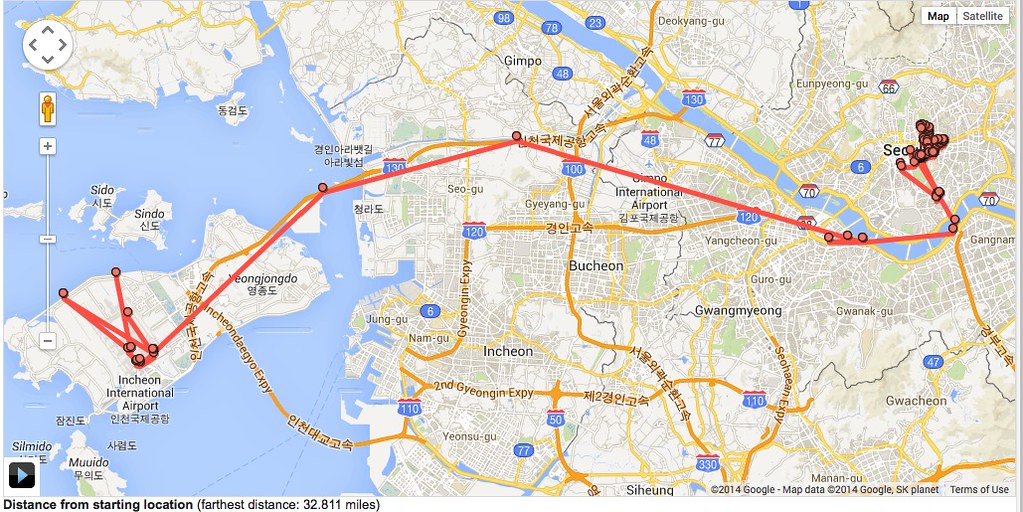 APPS
APPS
 APPS
APPS
 APPS
APPS
New privacy enhancements introduced for Google Maps this week are reportedly designed to end geofence warrants from law enforcement agencies, according to a new report.
Google announced the enhancements in question on Wednesday. On Thursday, Forbes cited an employee of the search giant as saying that the update was “explicitly” designed to end geofence warrants. Such warrants enable authorities to access Google Maps data on who was in the vicinity of a crime scene during a specified time frame.
Law enforcement agencies request location data from other companies as well. However, it’s believed that most of the geofence warrants issued in the U.S. are sent to Google because of Maps’ popularity. In 2021, the search giant disclosed that that 25% of the warrants it was receiving at the time from U.S. law enforcement agencies were geofence warrants.
The main privacy enhancement Google introduced for Maps on Wednesday focuses on the service’s Timeline feature, which saves a log of the places a user has visited. Activating the feature requires turning on a setting called Location History that is off by default. If users opt to turn on the setting, data on their whereabouts is saved to the cloud.
Next year, Maps will switch to saving Timeline location histories on users’ own devices rather than on Google infrastructure. That reportedly means authorities will no longer have the ability to request the data from the search giant because it will no longer have access to it.
Google will offer users the option of saving Timeline location logs from their devices to the cloud for backup purposes. Before saving the data, the search giant will encrypt it. The company says that it won’t have the ability to read users’ encrypted Timeline location logs, which would mean the logs will also be unreadable for any law enforcement agency that requests them from the company.
“These changes will gradually roll out through the next year on Android and iOS, and you’ll receive a notification when this update comes to your account,” Marlo McGriff, the director of product for Maps, detailed in a blog post.
Another new privacy feature rolling out to Maps will become accessible when users select a place on the map. According to Google, the popup menu that appears after clicking a location will soon include a section with information about the user’s past visits to that location, how many times they viewed information about it and related data. A button at the bottom of the panel will make it possible to delete this information with two clicks.
While at it, Google is turning the blue dot in the Google Maps interface that indicates the user’s current location into a privacy tool. Clicking the blue dot will soon bring up a panel that displays whether Maps has been given access to location data from the user’s device. The panel will likewise indicate if the Location History and Timeline features are active.
The upgraded blue dot and data deletion popup panel are set to roll out in the coming weeks.
Support our mission to keep content open and free by engaging with theCUBE community. Join theCUBE’s Alumni Trust Network, where technology leaders connect, share intelligence and create opportunities.
Founded by tech visionaries John Furrier and Dave Vellante, SiliconANGLE Media has built a dynamic ecosystem of industry-leading digital media brands that reach 15+ million elite tech professionals. Our new proprietary theCUBE AI Video Cloud is breaking ground in audience interaction, leveraging theCUBEai.com neural network to help technology companies make data-driven decisions and stay at the forefront of industry conversations.